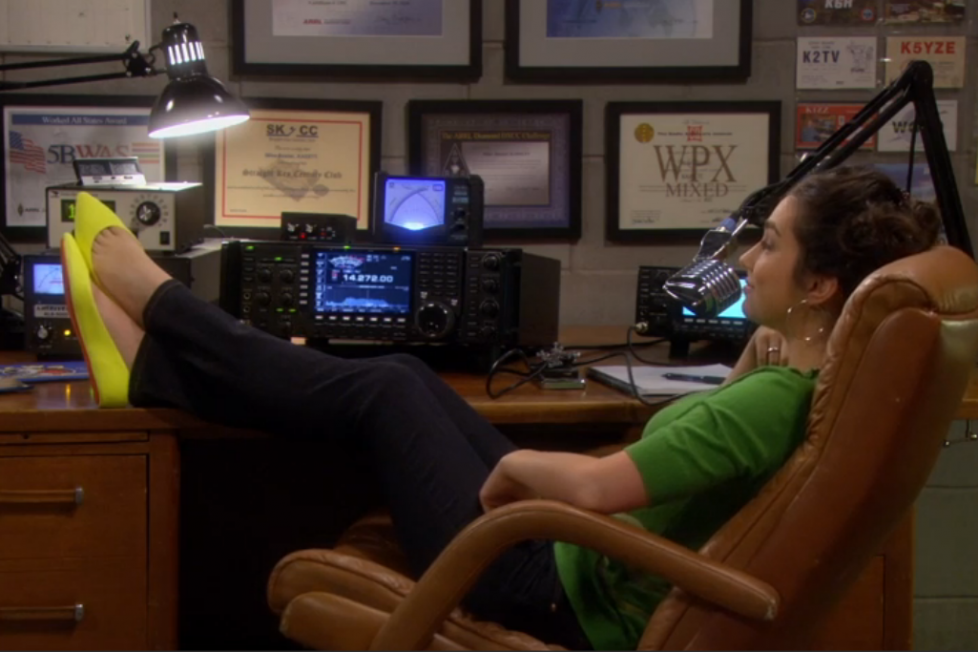LICENSING NORMS FROM NATION TO NATION CHANGES

The simplicity with which an individual can get an amateur radio permit shifts from nation to nation. In a few nations, examinations might be offered just more than once per year in the national capital and can be extremely bureaucratic (for instance in India) or testing since a few amateurs must experience troublesome security endorsement (as in Iran). Right now just Yemen and North Korea don’t issue beginner radio licenses to their residents, in spite of the fact that in both cases a set number of outside guests have been allowed to acquire amateur licenses in the previous decade. Some creating nations, particularly those in Africa, Asia, and Latin America, require the installment of yearly permit charges that can be restrictively costly for the majority of their nationals. A couple of little nations might not have a national permitting process and may rather require imminent amateur radio administrators to take the authorizing examinations of a remote nation. In nations with the biggest quantities of amateur radio licensees, for example, Japan, the United States, Thailand, Canada, and the greater part of the nations in Europe, there are visit permit examinations openings in real urban areas.
Giving a different permit to a club or association by and large requires that a person with a present and legitimate DX, amateur radio permit who is on favorable terms with the broadcast communications power accepts accountability for any operations led under the club permit or club call sign. A couple of nations may issue uncommon licenses to amateurs or tenderfoots that don’t dole out the individual a call sign however rather require the recently authorized individual to work from stations authorized to a club or association for a timeframe before a higher class of permit can be gained.
An equal permitting understanding between two nations permits bearers of a beginner radio permit in one nation under specific conditions to lawfully work a amateur radio station in the other nation without obtaining a amateur radio permit from the nation being gone by, or the conveyor of a legitimate permit in one nation can get a different permit and a call sign in another nation, both of which have a commonly concurred complementary authorizing endorsements. Equal permitting prerequisites fluctuate from nation to nation. A few nations have two-sided or multilateral proportional working understandings permitting hams to work inside their outskirts with a solitary arrangement of necessities. A few nations need complementary permitting frameworks.
At the point when voyaging abroad, going to beginner administrators must take after the principles of the nation in which they wish to work. A few nations have corresponding worldwide working understandings permitting hams from different nations to work inside their outskirts with simply their nation of origin permit. Other host nations require that the meeting ham apply for a formal allow, or even another host nation issued permit, ahead of time.
Therefore, an equal acknowledgment of licenses much of the time relies on upon the included permitting powers, as well as on the nationality of the carrier. For instance, in the US, outside licenses are perceived just if the carrier does not have US citizenship and holds no US permit (which may vary regarding working benefits and confinements). On the other hand, a US native may work under proportional assertions in Canada, however not a non-US subject holding a US permits.
